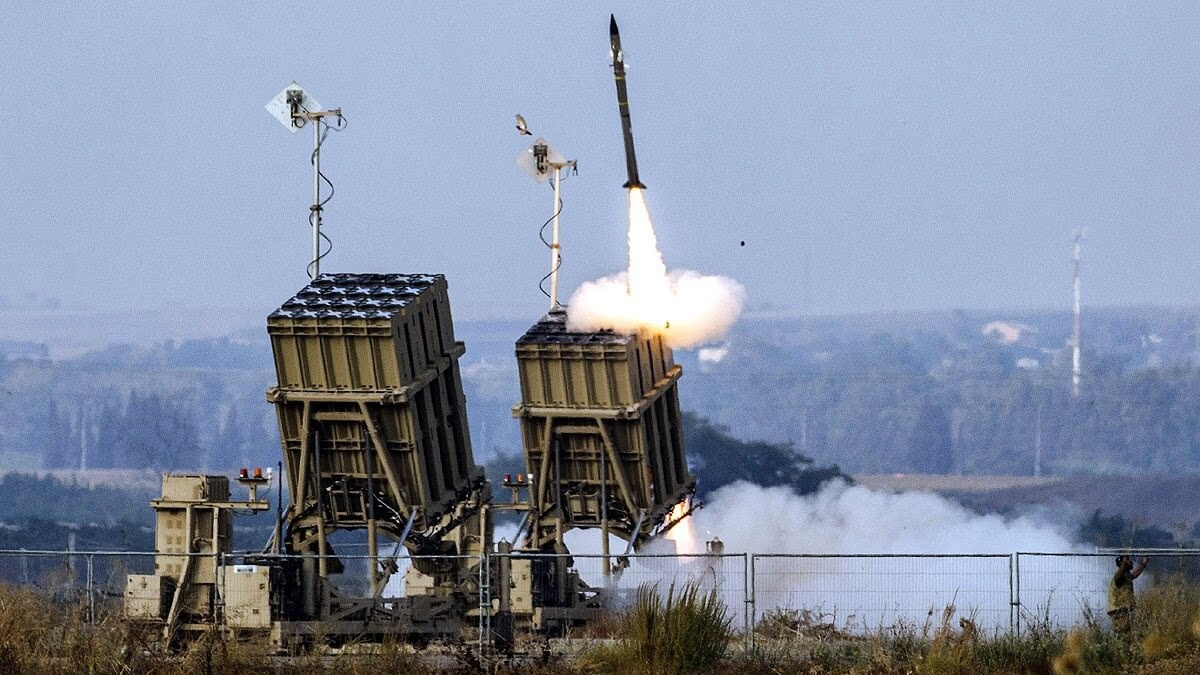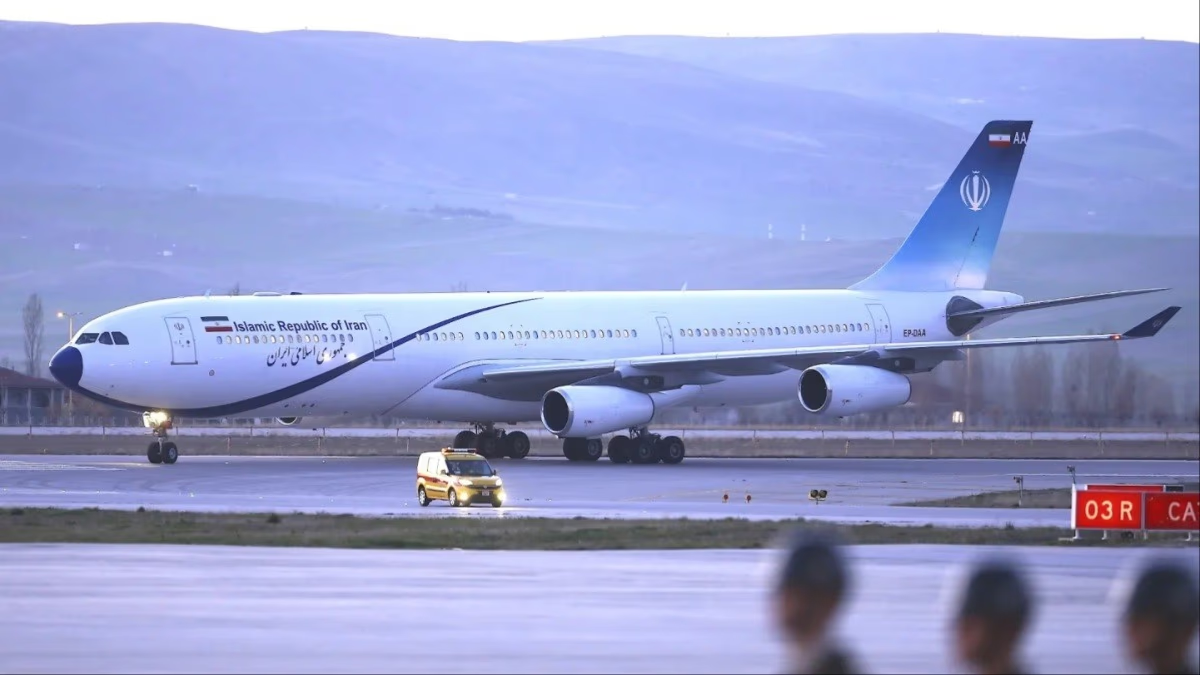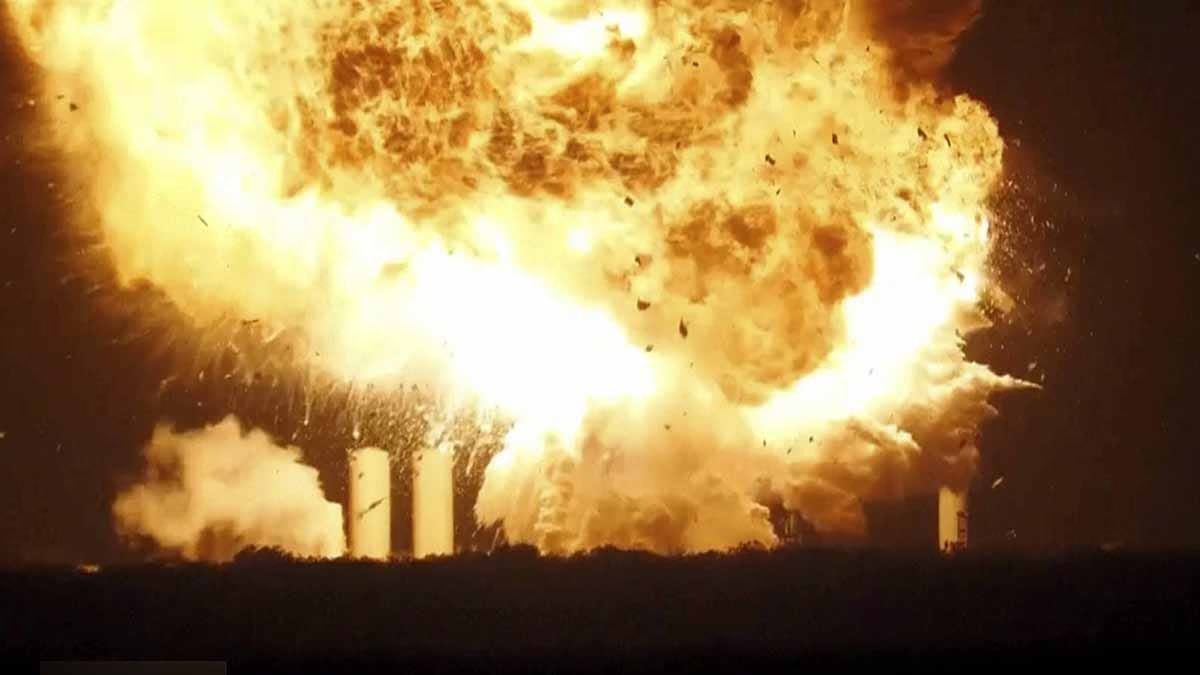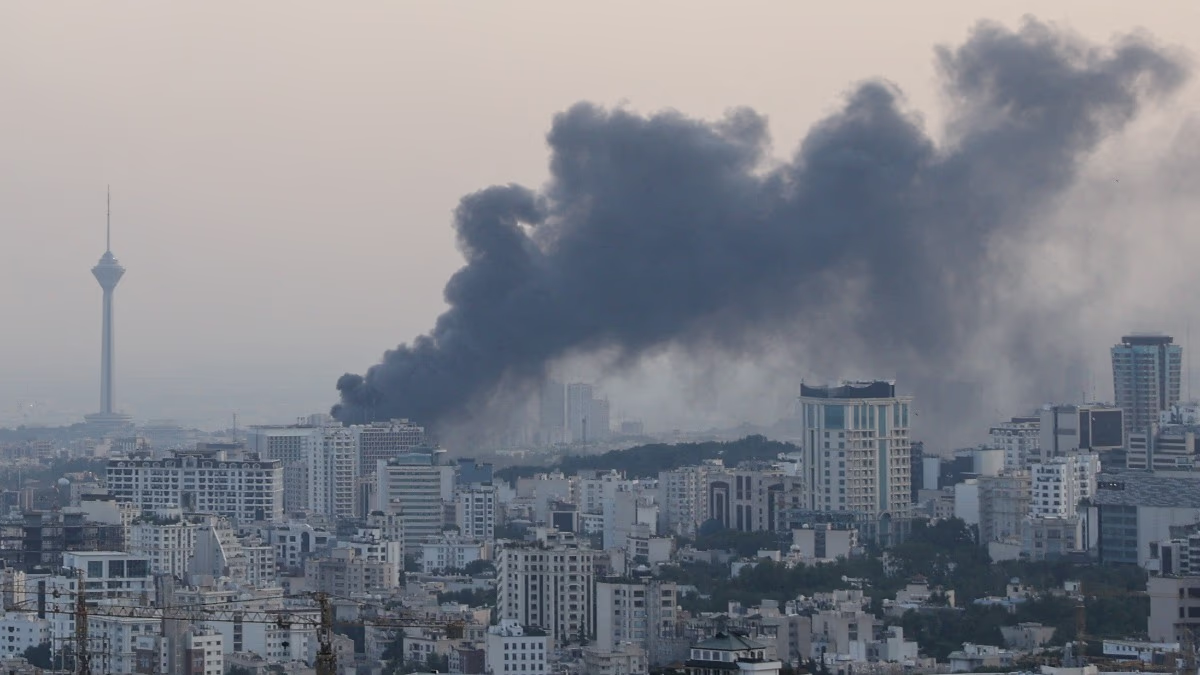Israel endures significant economic losses amidst its ongoing conflict with Iran. Experts highlight that interceptors used to counter Iranian missiles alone cost approximately 200 million dollars daily, an integral component of Israel's missile defense system in high demand after every attack.
In addition, expenditures related to ammunition, combat aircraft, and logistical support systems are further inflating costs. Damage to Israeli cities from missile attacks has been substantial. Images from the ground depict severe destruction to structures, with assessments underway for necessary repair in Israel.
Read More: Is Trump Confused About Attacking Iran? Decision Deferred for Two Weeks
Millions lost for Israel
Initial estimates suggest that repairs and rebuilding efforts could amount to at least 400 million dollars. U.S. media reports indicate low stocks of defensive Arrow interceptors in Israel, raising concerns about the country's capacity to counter long-range ballistic missiles from Iran if the conflict prolongs.
Reports state that the U.S. has been aware of these capability issues for months, enhancing Israel's security with ground, sea, and air systems. Since June, as conflict escalated, the Pentagon has increased missile defense equipment in the region, now concerned about running out of interceptors.
U.S. Movements in the Middle East
As tensions with Iran escalate, the U.S. has expedited the movement of its military arsenal in the Middle East. For instance, the THAAD defense system, capable of intercepting Iran's high-speed missiles, is already deployed for Israel's protection. The U.S. has also dispatched fighter aircraft, tanker aircraft, bombers, warfare support vessels, strike carrier groups, missile defense systems, many of which are already stationed near Iran where U.S. military bases reside.
Read More: 'Iran Did Not Request Military Aid, Has Full Right to Self-Defense,' Says Pakistan Amid Middle East Crisis
Trump's Changed Stance on the Iran Strike
Amid escalating tensions, President Donald Trump stated on Thursday that a decision on whether the U.S. will launch a military attack on Iran will be made over the next two weeks, a departure from his recent aggressive remarks indicating an imminent strike.
The White House communiqué emphasized Trump's recognition of potential talks with Iran, which may or may not occur soon. Moreover, Trump stated his preference for diplomacy but affirmed readiness to employ force if necessary.




